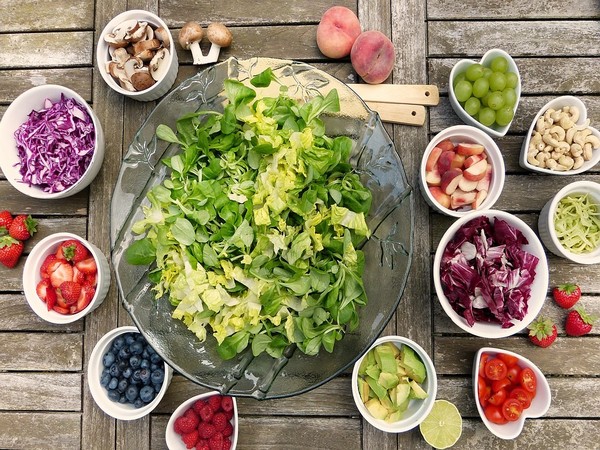Something has majorly changed in Indian psyche. Post-Covid, it seems food consumers are much more cautious than pre-covid period. Yes, true, consumers have become more health-conscious and sensitive toward environmental issues. The popularity of vegan food is considered one of the outcomes of consumers’ changing preferences.
Vegan foods, in simple words, are devoid of animal or animal products. Many people have adopted this new lifestyle of ‘veganism’. They go beyond excluding all animal and animal products in their daily food but also make attempts to avoid using any other product which requires exploitation or cruelty to animals in all aspects of their lives, including the clothes they wear, the cosmetics they use, and the leisure activities they take part in. And this is getting popular faster than expected.
Today you name any traditional animal product like meat, cheese, or milk, and you find a vegan alternative. According to an estimate, there are about 8 million vegans worldwide, and the global market is expected to rise to US$ 61.35 billion in 2028 from 26.16 billion in 2021.
What is pushing the vegan market forward? Although the customers’ preferences had started showing signs of change even before the Covid-19 pandemic struck the world, the importance of health and the environment as primary criteria for food consumption has increased post-pandemic. The overall quality of food, its impact on human health, its production process, and the impact of consumption on society and the environment are the primary reasons propelling demand for vegan food.
Of late, a few credible studies have established that vegetarian foods are healthier and reduce the chances of many diseases if consumed regularly or more than non-vegetarians. Also, the consumption of vegetarian foods has been linked to a longer life span. However, researchers have yet to show that vegan foods are healthier than vegetarians.
Also, vegetarian foods consume less resources to produce the same energy than that non-vegetarians, and in turn, are more environmentally friendly. United Nations (UN) reported that the present meat and dairy industry has a vast environmental footprint contrary to the limited CO2 emission from plant-based food products and considerably a major hindrance towards achieving the UN Sustainable Development Goals of achieving zero hunger and responsible consumption and production.
The purveyors of animal rights are among the most prominent advocates of vegan foods. Based on a recent study, Statista (2022) reported that around 47 per cent of Indian consumers were concerned about animal welfare in food production and would prefer to follow a vegan diet. According to People for the ethical treatment of animals (PETA), an international Non-Government organisation, about 80 billion land animals and up to trillions of marine animals are killed annually for food, and each vegan saves the lives of nearly 200 animals a year.
One noteworthy feature of vegan food is its tremendous support from food and lifestyle advocates. Many international and national celebrities like Kim Kardashian, Virat Kohli, and R. Madhavan strongly recommend it. Also, many international business players like France’s Danone S.A., USA’s Conagra, Hain Celestial Group, Kellogg, Amy Kitchen, and Canada’s Daiya foods are leading the vegan food business and putting billions of their dollars into vegan businesses. Even in India, brands like Veggie Champ, Vegeta Gold, and SoftSpot Urban Platter are fast growing and finding many takers of their products. Recently, Bollywood actors Ritesh and Genelia Deshmukh launched their start-up ‘Imagine Meats’.
Though consumers seem increasingly fascinated, consumption remains sluggish. The comparatively higher price of vegan foods vis-a-vis animal-based foods discourages common customers from trying this unique product in the market. Further aroma, taste, cooking, consumption, and texture of vegan products are new to the customers, which affects their faster acceptance among customers.
Opponents of vegan foods have claimed that they are generally deficient in some crucial nutrients like protein and vitamin B12 and have alleged that such food may cause diseases like anaemia and hormonal disbalance. More research and consumer education would be required to make vegan food for the masses.
It can be argued that any new product, and more so a food product, will take time to become a thing of household consumption. Also, veganism does not only include food but goes much beyond food which also needs to change how consumers and society think. It may take time. But considering the increasing concern for the environment, health, and sustainability, days are not very far when we will find vegan products in our neighbourhood Kirana stores.
Niraj Kumar is a Professor of Rural Management at XIM University, Bhubaneswar
Mohit Sharma is a faculty of Agribusiness at RPCAU Pusa (Bihar)

















